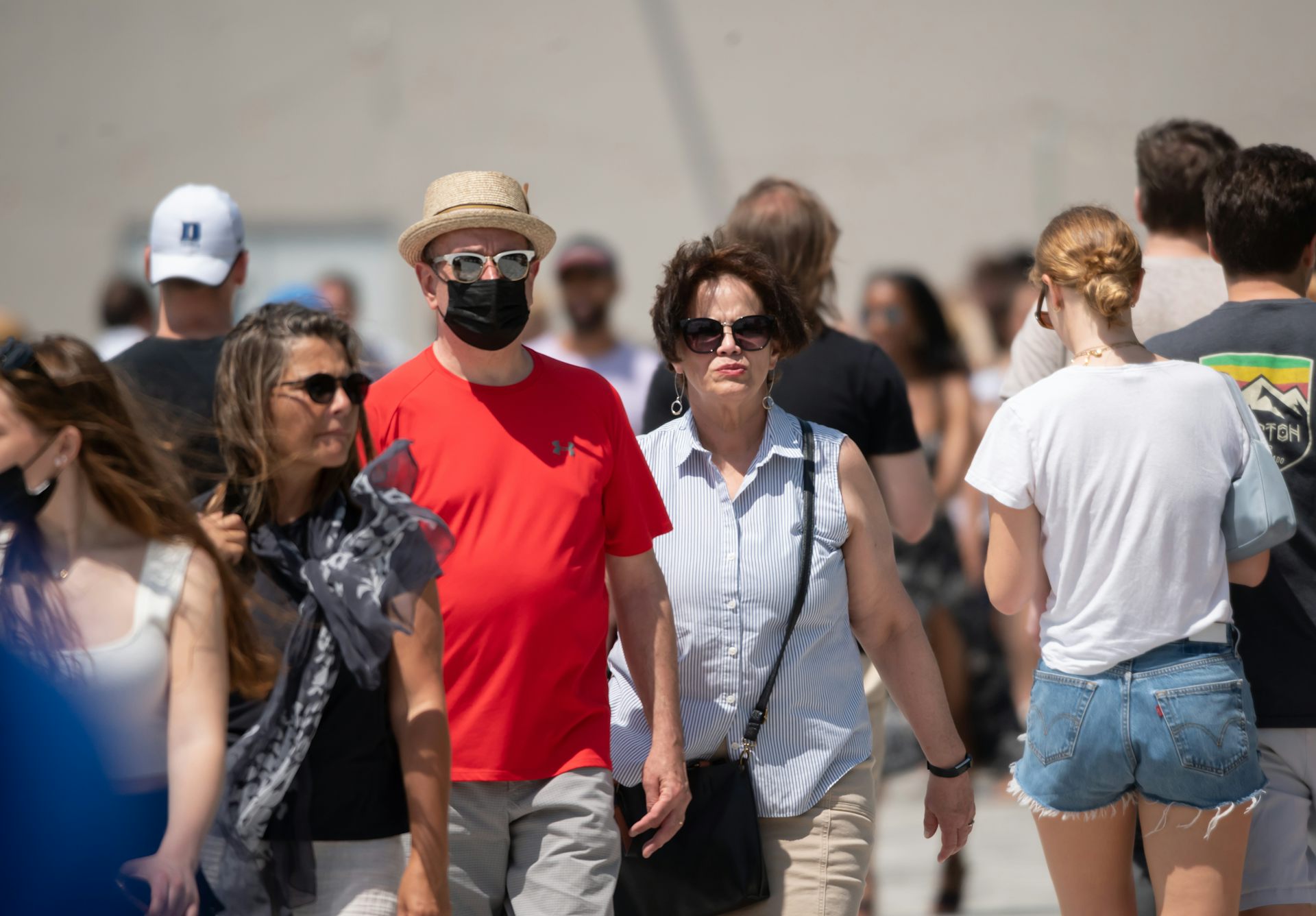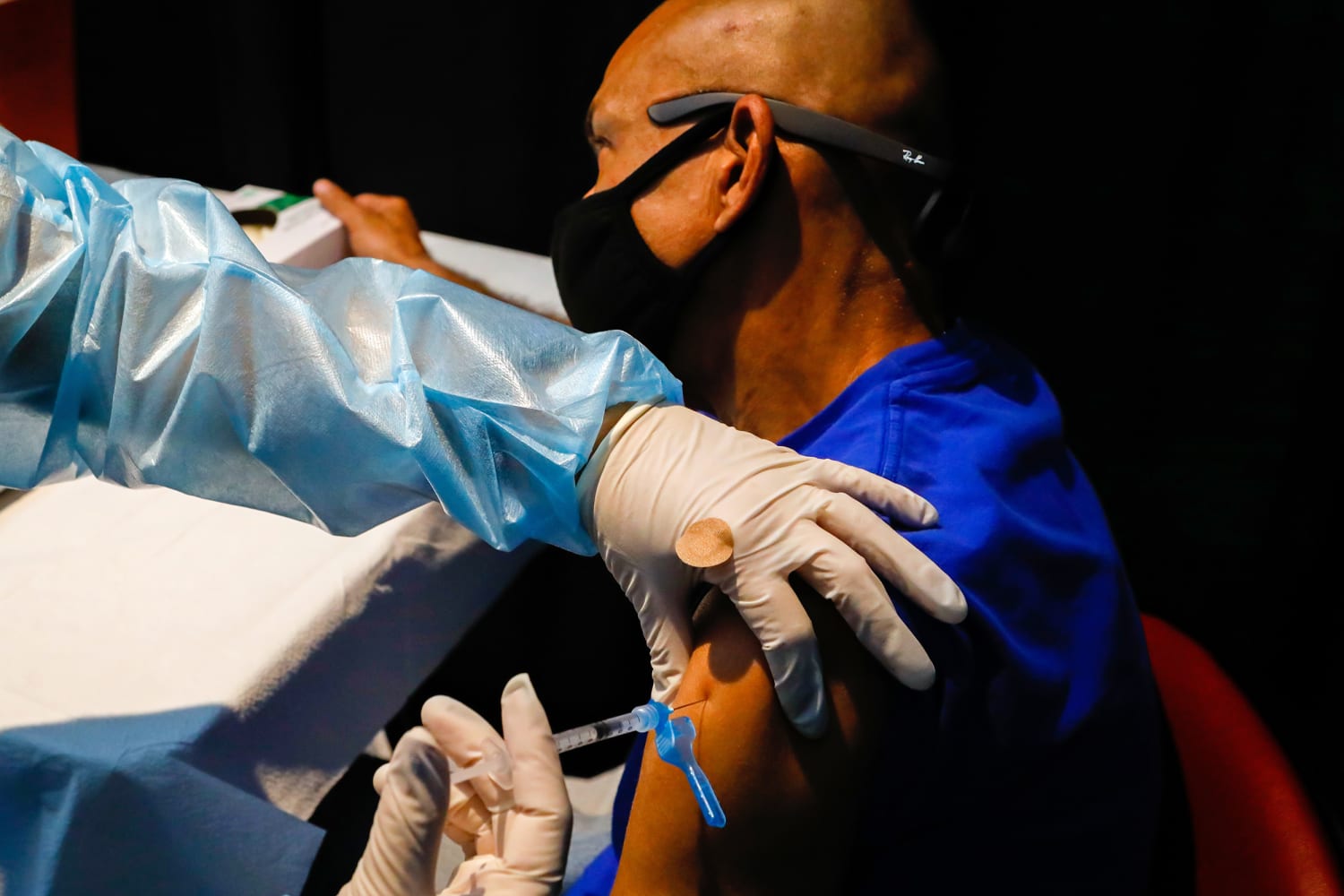
Most had no detectable virus, but people who were infected had one-quarter the amount of virus in their bodies as unvaccinated people tested at similar times post-infection. In a recent preprint study which has yet to be peer reviewed, Israeli researchers tested 2,897 vaccinated people for signs of coronavirus infection. This seems to be the case with coronavirus vaccines. A person who sheds less virus is less likely to transmit it to someone else.Īlso read: Why America is losing the global PR war over Covid vaccines In general, if vaccination doesn’t completely prevent infection, it will significantly reduce the amount of virus coming out of your nose and mouth – a process called shedding – and shorten the time that you shed the virus. But a vaccine will reduce the chance of this happening. In theory, anyone infected with the coronavirus could potentially transmit it. Transmission happens when enough viral particles from an infected person get into the body of an uninfected person. Whatever your outcome – whether complete protection from infection or some level of disease – you will be better off after encountering the virus than if you hadn’t been vaccinated.Ģ. Vaccination doesn’t 100% prevent you from getting infected, but in all cases it gives your immune system a huge leg up on the coronavirus. The remaining 5% of vaccinated people can become infected and get sick, but are extremely unlikely to be hospitalized.


These people could be completely protected from infection, or they could be getting infected but remain asymptomatic because their immune system eliminates the virus very quickly. But in most cases, a person who gets vaccinated is protected from disease, not necessarily infection.Įvery person’s immune system is a little different, so when a vaccine is 95% effective, that just means 95% of people who receive the vaccine won’t get sick. Many people think vaccines work like a shield, blocking a virus from infecting cells altogether. But your chances of getting seriously ill are almost zero. You can still get infected after you’ve been vaccinated.

Does vaccination completely prevent infection? She explains what the science shows about transmission post-vaccination – and whether new variants could change this equation. Does this mean you can make your way through the world like the old days without fear of spreading the virus? Deborah Fuller is a microbiologist at the University of Washington School of Medicine working on coronavirus vaccines. Editor’s note: So you’ve gotten your coronavirus vaccine, waited the two weeks for your immune system to respond to the shot and are now fully vaccinated.


 0 kommentar(er)
0 kommentar(er)
